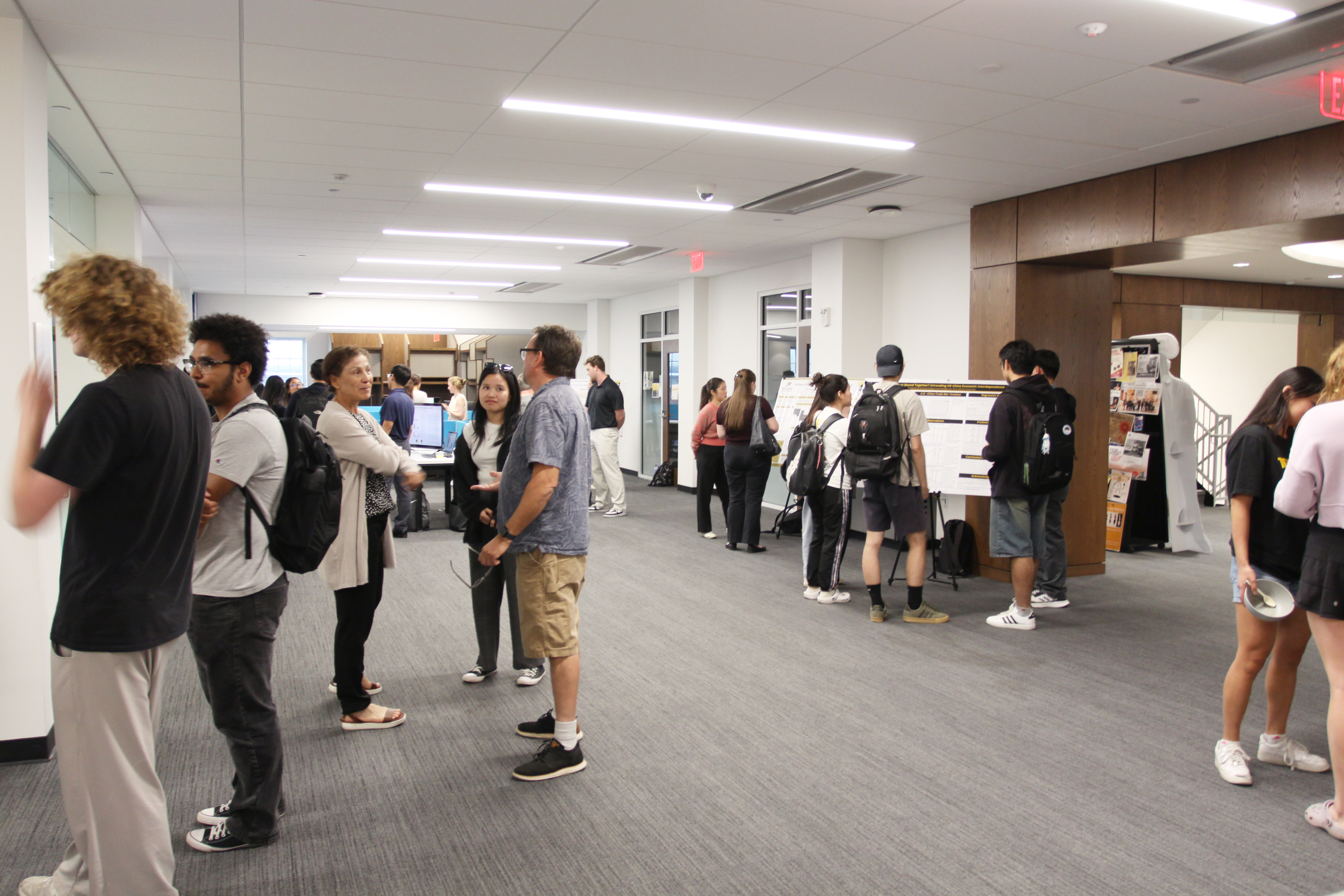Document Type
Article
Publication Date
1-2021
Abstract
Azidothymidine or AZT is an antiretroviral medication used to prevent and treat HIV/AIDS. Nowadays, AZT remains to be the primary active drug that can elongate the life of infected patients. Without treatment, patients can live for 5 to 10 years after infected. With the treatment, their life expectancy approaches the norm.
However, it is important to note that AZT is a life-saver for HIV patients only if they can afford it. An HIV patient needs to spend about $17,000 for AZT every year until the end of his life. Therefore, the estimated lifetime cost of HIV will be $600,000. This premium cost creates an invisible barrier for many patients to access AZT, particularly those without adequate insurance coverage. AZT is not the only medication that has a prohibitively high price. In fact, the price of the drug in the U.S is significantly higher than any other country in the world. For example, the price of Roche’s product Valium is $9.1in the U.S but $3.6 elsewhere. Therefore, many critics claim that the price of many essential pharmaceuticals, such as AZT, is unreasonably and unethical high.
Defending for their position, many pharmaceutical companies argue that charging a premium price is necessary to motivate scientific innovation. When a new drug is discovered, a pharmaceutical company can cover that drug under patent protection, meaning that only the company that holds the patent is allowed to manufacture and market the drug. For example, with AZT patent, Burroughs Wellcome becomes the only legal supplier for AZT and, therefore, possesses the entire power to determine the price of this medication. The price of patent drug includes several components: production cost, research and development (R&D) cost, other additional costs (such as marketing), and net profit. After the patent expires, due to the competition of generic drug, the sale could drop by more than 90% and the firm will not be able to incorporate R&D cost into drug’s price anymore. Many companies explain that R&D is extremely expensive, and to keep their companies functioning, they need to recoup the R&D cost before their patents expire. Therefore, they have no choice but charging a premium price on their pharmaceuticals.
The premium price of essential pharmaceuticals prevents some patients to have their fulfilled life and, sometimes, indirectly force them to give up their lives. These painful facts raise four main questions that will be addressed in this essay:
-
Who deserves essential drugs?
-
Is it necessary for pharmaceutical firms to charge premium prices for essential drugs to keep companies functioning?
-
Is it just for pharmaceutical firms to charge premium prices for essential drugs?
-
Should someone try to reduce the premium price of essential drugs? If yes, who should do it?
I believe that it is not only unnecessary but also unjust to charge a premium price on essential pharmaceuticals. I also believe that government should have the responsibility to ensure that patients can have access to essential medications as they need.
Recommended Citation
Truong, Sang T., "Ethical Price for Essential Pharmaceuticals?" (2021). Student Research. 6, Scholarly and Creative Work from DePauw University.
https://scholarship.depauw.edu/studentresearchother/6



Comments
Winning Paper for Applied Ethics in Economics at the 5th Annual Prindle Prize at DePauw University